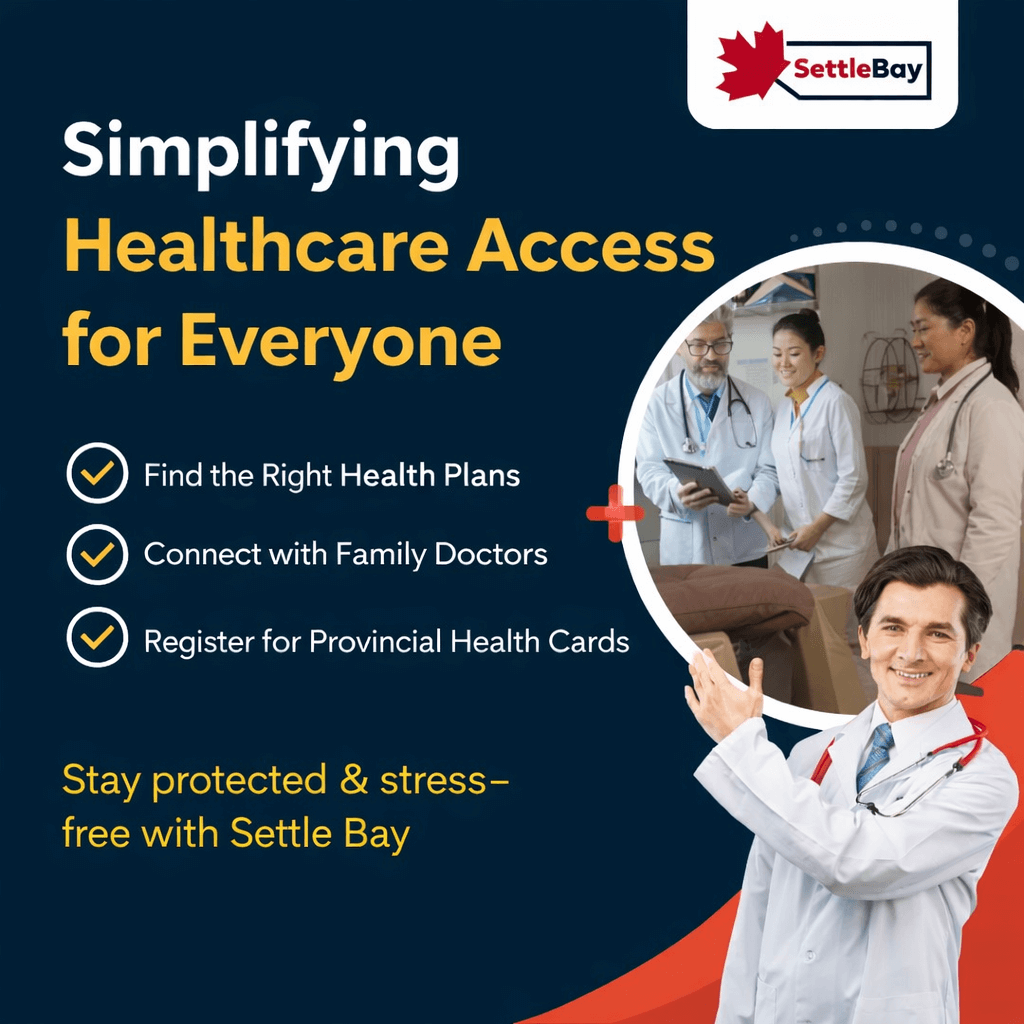Purchasing a vehicle is fun—you get to upgrade what you drive day to day, you get the features that you have always wanted, and you get that new (or new to you) car smell. However, under the hype, there is the question that many buyers forget to ask: Are you getting the full story at the dealership?
As you go window shopping through automobile dealerships and ads in your neighbourhood or scroll through websites such as Settle Bay, you are entering the world of an industry where salesmanship is highly sensitive to cushion dealer losses. A lot of these tricks are entirely legitimate—but they can result in customers paying more than they should.
We will reveal insider secrets dealerships would prefer to keep hidden in this blog and the way to utilize this knowledge to make smarter, more confident buying choices.
The Pricing Game
Sticker price vs. real price
The amount you see on the car window—or online listing—is hardly the last figure. The dealers are aware that when the sticker price is placed at the front, it leaves the door high, yet the price can be negotiated down. Most buyers believe that the price stated is not negotiable, and thus they end up paying too much.
Hidden fees and add-ons
Have you ever paid a dealer prep fee, a document fee, or VIN etching at signing? These extras may cost hundreds of dollars, or even thousands, for your purchase. Some of these charges are justified, but most of them are mere padding.
Negotiation room
Flexibility in price is almost always available, as opposed to what salespeople may say. Dealerships anticipate negotiation, yet they can minimize it to ensure a cushion of their margins. The online marketplaces, such as Settle Bay, can inform you about similar prices, and this knowledge can be used to negotiate high-price offers.
Financing Tricks
Dealer-arranged loans vs. independent financing
When dealers promise to finance you, they are not only doing you a favour; they are frequently getting a commission from lenders to take you at a higher interest rate than you can get yourself. Borrowing a loan that has been pre-approved by your bank or credit union often saves you money.
The monthly payment distraction
Dealers prefer to talk about what monthly works best. instead of talking about the actual price of the vehicle. By extending the loan term, you may pay less each month, but with interest, you pay thousands in interest. You should always negotiate on the basis of the entire price and not the payment.
Extended warranties and add-ons
You will get long warranties, gap insurance and protection plans at the finance desk. It may be useful that some of these products can be useful, yet most of them are overpriced or unnecessary. Shop around before putting pen to paper; even third-party deals, which are what are billed as peace of mind, are, in reality, additional profit to the dealership.
Trade-In Tactics
Lowballing trade-in values
Dealerships want to make as much as they can when you deal in your used car and end up paying you less than the market value. They are aware that most of the buyers will not leave in the middle of the deal to sell the car privately.
The convenience trap
It is easy to take the initial offer in the trade-in, accept it and drive in a new car with your new keys. Yet that convenience normally works against you. You will be in a position to negotiate or sell privately at higher asking prices in case you know the market value of your car ahead of time by checking your car via online listings on online websites such as Settle Bay.
Knowing your car’s true worth
Make use of valuation tools, look through car ads in the local area, and obtain various quotes. In case you know your trade-in is worth $12,000, you will not agree to be offered $9,000 without resistance. Knowledge does not allow you to be put into an unequal offer.
Inventory Pressure
Quotas of sales and the time to buy.
Car salespeople work on quotas—monthly, quarterly, and yearly. When you are buying close to the end of a quarter or month, then the dealerships will be more willing to negotiate to achieve goals. A car that was selling at a firm price last week might plummet all of a sudden by 1,000 dollars when a salesperson is being coerced to achieve a target.
The reason some cars are driven more than others.
Have you ever seen a certain model that is so much advertised? Manufacturers usually offer perks to dealerships to push certain vehicles, particularly ones that aren’t selling. It doesn’t make the car bad, but it does mean that the price could actually be a bit more haggable than the salesperson wants you to believe.
The Truth About “Certified Pre-Owned”
What is the true meaning of certification?
Certified Pre-Owned (CPO) cars are sold as safer, superior and more dependable. Although most CPO programs do provide detailed inspections and long warranties, they are not all the same. Certain certifications are effectively a paid label with a low degree of value addition.
How to check inspections and warranties.
Ask for detailed inspection reports—not just a checklist. If the warranty does cover anything at all and how long. Compare the prices of cross-checked with the uncertified vehicles on Settle Bay in order to know whether the premium you are paying is worth it.
How Customers Can Beat the System.
Research is power.
Research is the one and best thing you have in your arsenal. Services such as Settle Bay give you the opportunity to survey prices of various car dealerships and listings, and in the process, get a realistic perception of what is in the market before you step on a lot. The knowledge will make it difficult to make salespeople overcharge or conceal the extra expenses.
Get pre-approved financing.
Entering a dealership with secured financing puts the balance of power in reverse. You no longer rely on their funders or are vulnerable to markups. Besides, you will be in advance regarding the amount of money you have to spend, and thus the negotiation will be easy.
Ask the right questions.
Do not be shy to question prices, demand an out-the-door price, or demand to view rival quotes. Salespeople would anticipate informed buyers to bargain—just in an influential and splendid way.
Questions to take in your back pocket:
• Whatever is the lowest price you can give me in cash?
• Would you be able to eliminate such dealer fees?
• What sort of markup is in this warranty?
Remaining calm, firm and knowledgeable, you present yourself as a buyer who cannot be easily influenced with high-pressure tactics.
Conclusion
There are numerous strategies that car dealerships have a lot of experience with to maximize their profits. However, you regain control of the buying process when you know how to play the price game, financing gimmicks, trade-in tricks, and the pressure of inventory.
The appearance of such tools as Settle Bay simplifies the process of comparing car dealerships and ads like never before, discovering reasonable prices, and bargaining without fear. You are walking in with your eyes shut instead of walking in with your eyes open.
The bottom line:
• Sticker prices aren’t final.
• Dealer financing isn’t always your best option.
• Trade-ins are negotiable.
• Timing and research matter.
You need not be at a loss when you know them. You are the type of purchaser that dealerships admire—and are even afraid of.
Do your homework before you buy an item next time, use the car listings on the Internet, and get your financing in advance. With a slight preparation you will drive out of the lot knowing that you have made a smart, informed deal, not an exciting one.





Leave a reply